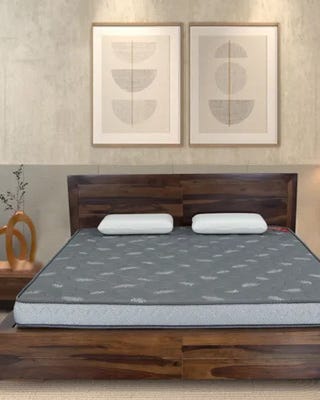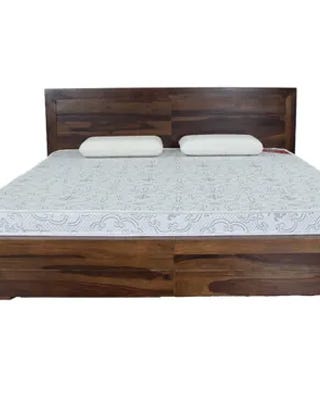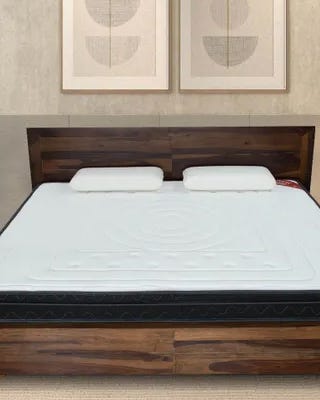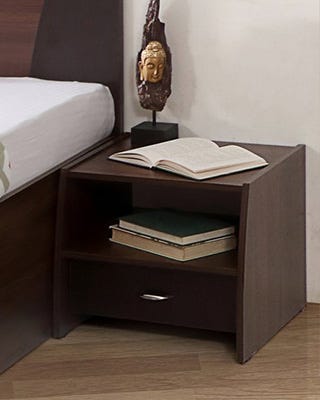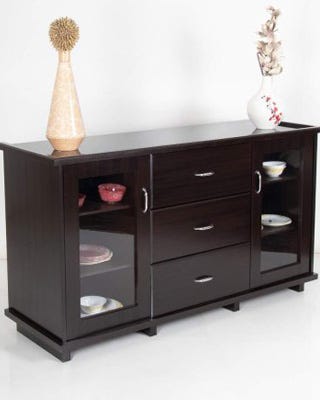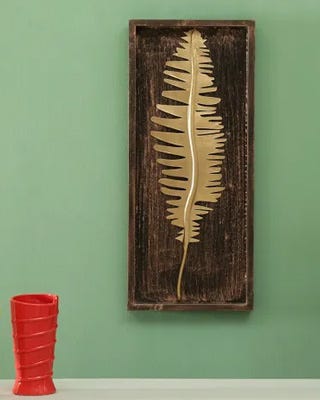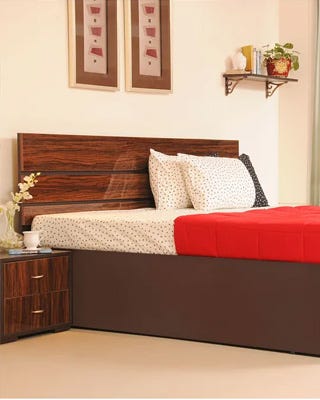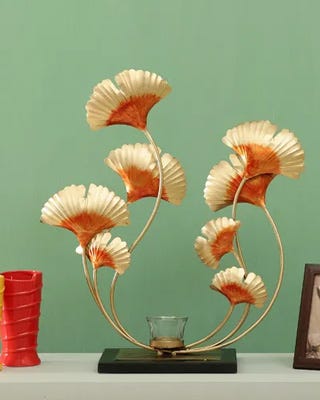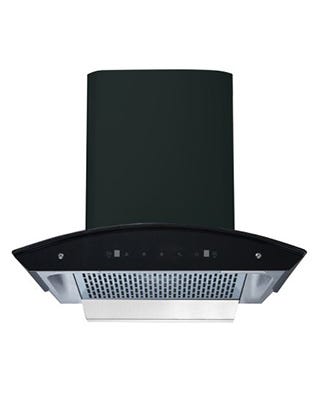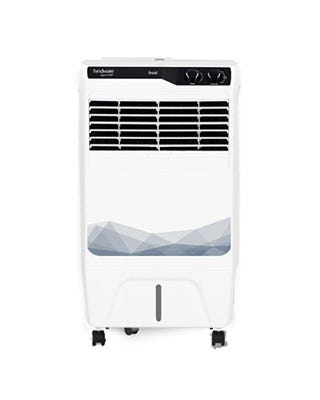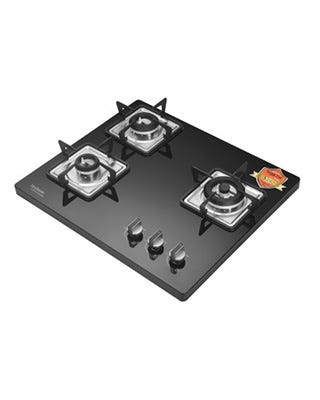Product Care
- Gently clean using a damp sponge or soft, lint-free cloth on a regular basis. Use a vacuum cleaner crevice tool to clean the seams
- Blot any spills immediately; do not rub
- Occasional cleaning with leather specific cleaners recommended. Harsh soaps or chemicals and other household cleaners are not meant for leather
- Prepare a solution of mild soap (e.g. Neutrogena) and distilled water in 1:1 ratio. Blot gently using a dampened cloth or sponge
- Although durable, leather is prone to damage. Keep sharp objects at bay
- Professional cleaning service recommended for difficult stains
- Not to be kept under direct sunlight or in close proximity to other heat sources
- The ink from newspapers and magazines is known to get transferred onto the leather
- Always test the cleaning product on a small hidden area ('patch test') before cleaning the whole sofa with cleaners
- Improper cleaning may void your leather furniture warranty.
- Dust or gently wipe using a dampened cloth
- Clean stains/spots using the following steps:
- Be sure to leave the surface dry as water spots turn to permanent marks upon drying
- Dampen a soft cloth with a mixture of hot water and liquid dish washing detergent
- Wring the cloth to remove excess liquid
- Rub the surface lightly in a circular motion
- Dry the surface immediately with a clean, soft towel.
- Gently wipe clean with a lint-free cloth on a regular basis
- To remove food stains, wipe up the spill immediately
- Keep furniture away from heating and air conditioning sources to prevent excess or reduced moisture
- Rub a solution of one tablespoon of vinegar mixed with one quart of water in the same direction as the grain to remove cloudiness. Follow with an application of furniture oil or polish
- Exposure to direct sunlight can cause fading or darkening of wood
- To remove water rings, rub with a mixture of equal parts of white vinegar and cooking oil in the same direction of the grain
- Use 'felt backing' (like the one on floor lamps) to prevent scratches
- To remove candle wax or chewing gum, hold an ice cube over the area so that it hardens. Scrape it off gently using the dull edge of a table knife. Rub briskly with a cloth saturated in cream wax later
- Using placemats, hot pads and coasters under the plates, serving dishes and beverages respectively can prevent stains and other damages
- Ink from newspapers and magazines bleed into the finish and damage the wood
- Do not use abrasives or harsh chemicals on wood furniture
- Apply beeswax on solid wood once a year to maintain the finish and moisture of wood.
- Keep upholstered furniture out of direct sunlight
- If a spill occurs, clean the fabric immediately. Random cleaning can leave impressions
- Use gentle circular strokes
- Rotate cushions and pillows on a regular basis to allow even distribution of wear
- Blot with a clean, white cloth
- Vacuum weekly using the upholstery attachment
- Do a 'patch test' over a hidden area before using the care product
- The Ink from newspapers and magazines tends to bleed onto the fabric and cause stains
- Do not use detergents or harsh chemicals to clean your upholstery
- Avoid overspray of household chemicals near upholstered furniture
- Periodic professional cleaning is recommended.
- Keep the mattress dry. Use a mattress pad to prevent staining.
- If your mattress gets wet or soiled, blot any excess moisture using a soft cloth
- Vacuum clean regularly.
- To clean a stain, use mild soap with cold water gently. Pat dry
- Turn and rotate a new mattress every few weeks to help smooth out contours
- After a few months, turn and rotate a mattress twice a year to help equalize the wear and tear
- Do not use dry cleaning products on your mattress. This may cause damage to some of the materials.
- Use a dry/slightly damp cloth or a vacuum cleaner brush for regular dusting
- If the piece is soiled, wash with a damp cloth or sponge using mild detergent (hand dishwashing liquid) and lukewarm water
- Use coasters under all beverages
- Repeat if necessary
- Do not use abrasive cleaners or harsh chemicals
- Wipe dry with cloth or paper towel to avoid water spots
- Do not expose to excessive humidity.
- Do not slide rough objects across glass. This can cause permanent scratches to the surface
- To clean, use warm water and a soft, lint-free cloth. Wring out excess water and wipe the surface. Blot gently
- Only use a non-abrasive commercial glass cleaner for cleaning.


